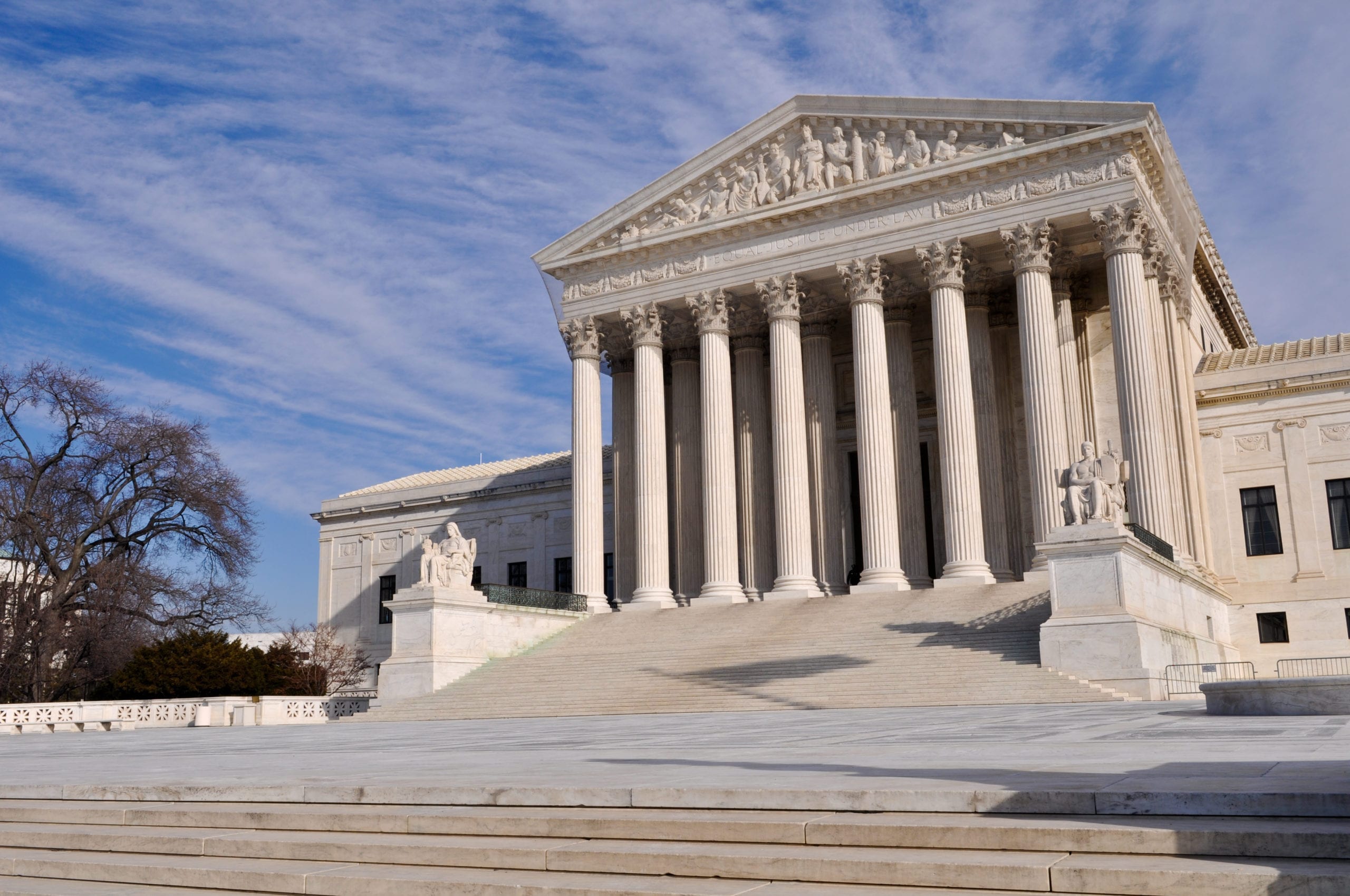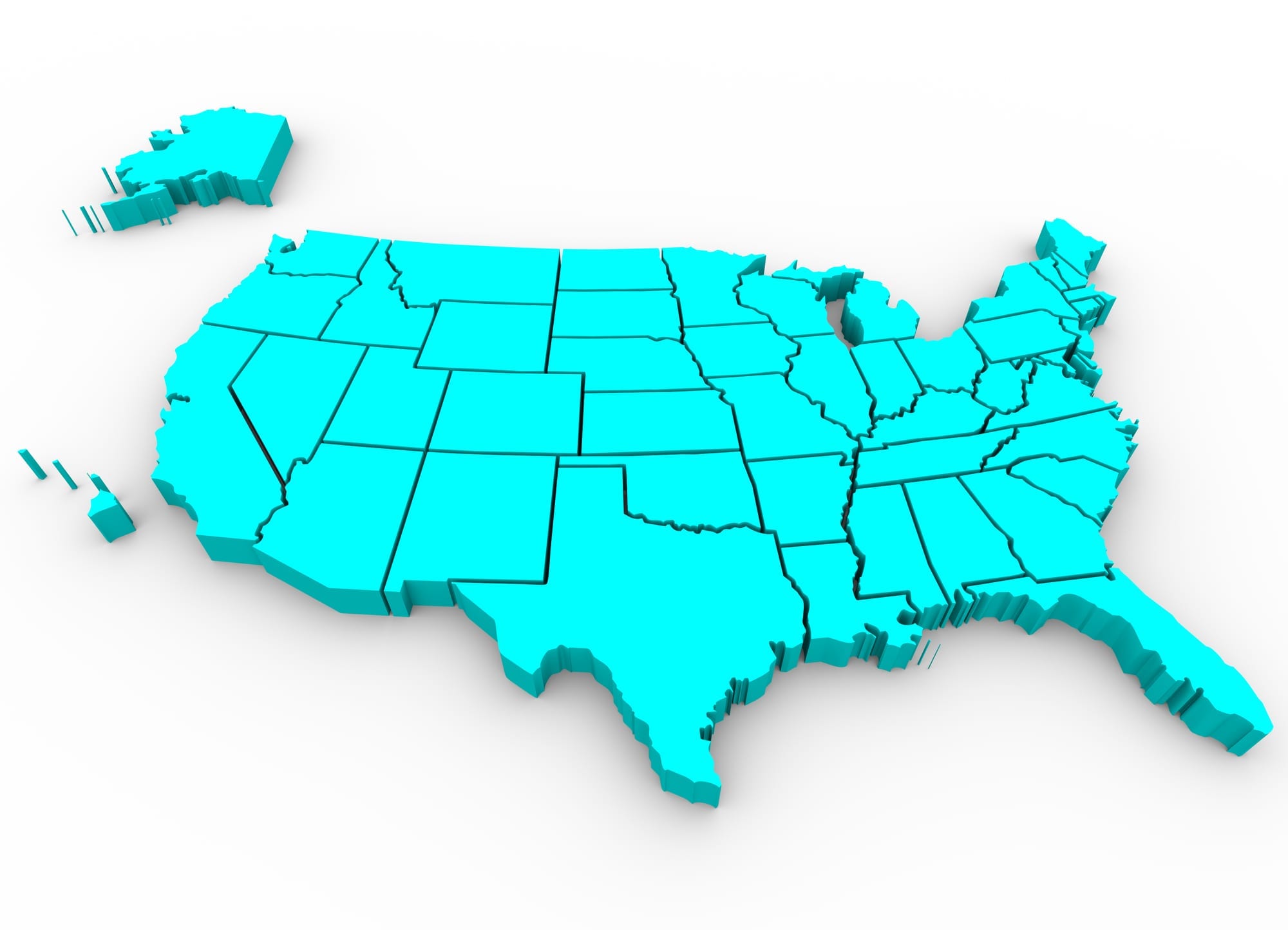Under the Employee Retirement Income Security Act of 1974 (“ERISA”), a penalty may be imposed on a plan administrator that fails to comply with a request for ERISA-required information by a plan participant or beneficiary. But can you get attorneys fees under ERISA for such noncompliance?
ERISA Plan Administrator Required to Provide Information
Upon request, a plan administrator is required to provide the following to a participant or beneficiary of an ERISA plan:
THE LATEST UPDATED SUMMARY, PLAN DESCRIPTION, AND THE LATEST ANNUAL REPORT, ANY TERMINAL REPORT, THE BARGAINING AGREEMENT, TRUST AGREEMENT, CONTRACT, OR OTHER INSTRUMENTS UNDER WHICH THE PLAN IS ESTABLISHED AND OPERATED.
29 U.S.C. § 1024(b)(4)
A plan administrator is either a company acting as such or a person so designated under the terms of the Plan. ERISA permits federal district courts to impose a penalty (daily) on any plan administrator who “fails or refuses to comply with a request for information which such administrator is required . . . to supply to a participant or a beneficiary.” 29 U.S.C. § 1332(c)(1).
In Smiley v. Hartford, Case No. 15-cv-10056 (11th Cir. July 17, 2015), an aptly-named dentist requested ERISA Plan documents from the plan administrator. Following the termination of the ERISA benefits, the dentist again made a request for plan documents. This time, instead, the claim was made to the claims administrator Hartford, instead of the plan administrator, Smile Brands. After the request to Hartford, Hartford provided Smiley with an outdated address for Smile Brands, which was returned to Smiley as undeliverable.
The Court was not presented with evidence that Smile Brands refused or failed to provide Smiley with the documents she requested until the lawsuit was filed. As such, Smiley was unable to prevail in her pursuit of attorneys fees under ERISA or statutory penalties against the plan administrator for failing or refusing to comply with the request for plan documents.
An important part of the Eleventh Circuits decision was the standard of review. The Court, on appeal, relied on an abuse of discretion standard in reviewing the district court’s failure to impose the penalties and fee award sought, instead of the de novo standard normally utilized when reviewing a Summary Judgment decision.
ERISA Provides for Punitive-Type Damages for Failure to Provide Required Information
Although not awarded here, the statutory penalty provisions of 29 U.S.C. § 1332(c) is “meant to be in the nature of punitive damages, designed more for the purpose of punishing the violator than compensating the participant or beneficiary.” Again, a plan administrator is required to respond to written requests for information. Under ERISA 502(c), 29 U.S.C. § 1332(c):
ANY ADMINISTRATOR (B) WHO FAILS OR REFUSES TO COMPLY WITH A REQUEST FOR ANY INFORMATION WHICH SUCH ADMINISTRATOR IS REQUIRED BY THIS TITLE TO FURNISH TO A PARTICIPANT OR BENEFICIARY (UNLESS SUCH FAILURE OR REFUSAL RESULTS FROM MATTERS REASONABLY BEYOND THE CONTROL OF THE ADMINISTRATOR) BY MAILING THE MATERIAL REQUESTED TO THE LAST KNOWN ADDRESS OF THE REQUESTING PARTICIPANT OR BENEFICIARY WITHIN 30 DAYS AFTER SUCH REQUEST MAY IN THE COURT’S DISCRETION BE PERSONALLY LIABLE TO SUCH PARTICIPANT OR BENEFICIARY IN THE AMOUNT OF UP TO $ 100 A DAY FROM THE DATE OF SUCH FAILURE OR REFUSAL, AND THE COURT MAY IN ITS DISCRETION ORDER SUCH OTHER RELIEF AS IT DEEMS PROPER. FOR PURPOSES OF THIS PARAGRAPH, EACH VIOLATION DESCRIBED IN SUBPARAGRAPH (A) WITH RESPECT TO ANY SINGLE PARTICIPANT, AND EACH VIOLATION DESCRIBED IN SUBPARAGRAPH (B) WITH RESPECT TO ANY SINGLE PARTICIPANT OR BENEFICIARY, SHALL BE TREATED AS A SEPARATE VIOLATION.
29 U.S.C. § 1332(c)
Plan administrators owe duties to plan participants and beneficiaries, namely a requirement to respond to written requests for information. Failure or refusal to provide this information to a participant could result in an award for attorneys fees under ERISA and perhaps a statutory penalty for this failure or refusal.








